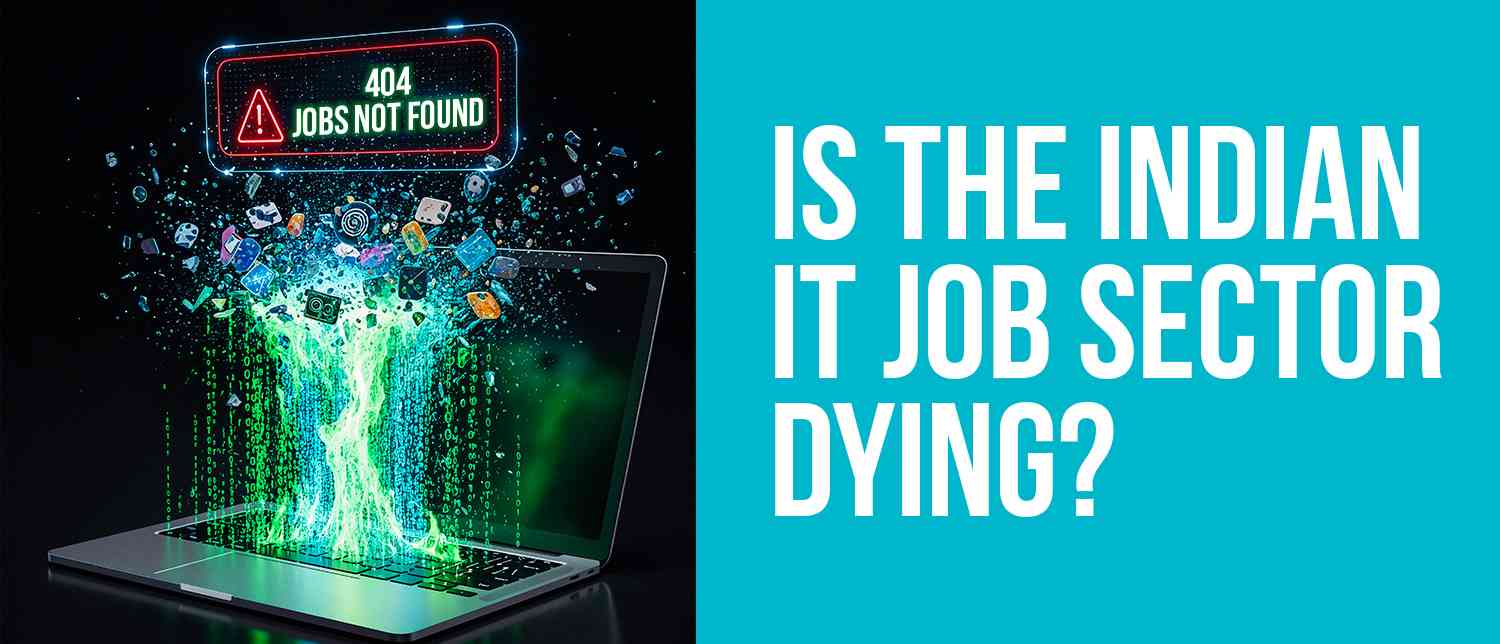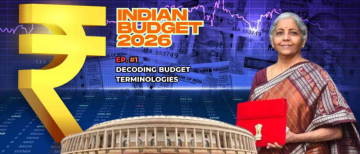IT Sector - The Keyword Driven Industry is Losing it's Way
India’s young workforce has been sold a dream that the nation’s rise as a technology powerhouse would guarantee them a place in the middle class. But the façade is cracking. Beneath the glossy branding of “Digital India” and “AI innovation” lies a brutal truth: corporations, both multinational and homegrown, are using Artificial Intelligence as the perfect alibi to slash human jobs, all in the name of short-term profits. And in the background, the start-up darlings of India’s tech ecosystem are running the same playbook - wringing every ounce of output from the cheapest possible labour, discarding staff as easily as obsolete code, and marketing it all as “disruption”.

This is not innovation. It is exploitation with a new user interface.
The recent decision by Tata Consultancy Services to axe over 12,000 jobs is being hailed by analysts as the beginning of an AI-fuelled bloodletting in India’s $283 billion outsourcing sector. Officially, the company blames “skill mismatches” rather than AI automation. Unofficially, it is the largest layoff in its history and an omen of worse to come, possibly half a million job losses in the next few years. And this in an industry that once served as the great absorber of India’s engineering graduates, offering them a ticket out of underemployment and into upward mobility.
The victims are not just fresh graduates, but experienced professionals, like people managers, software testers, and infrastructure staff - now rendered surplus to “efficiency gains”. The mid-career layer, which forms the spine of these companies, is being hollowed out. As one 45-year-old former TCS employee in Kolkata put it after losing his job: “It’s devastating.” For many at that age, re-employment in tech is not just difficult - it’s almost impossible. Meanwhile, Indian start-ups—hailed as job creators and the lifeblood of the “new economy”, are guilty of the same myopia. In their chase for “burn rate” efficiency, many hire aggressively at rock-bottom salaries, push workers to unsustainable hours, and discard them the moment funding tightens. The human cost is treated as a rounding error in their pitch decks.

It would be bad enough if this were simply an employment crisis. But it is also an environmental one. AI is not some ethereal, weightless magic - it runs on an immense, dirty, resource-intensive infrastructure. The data centres powering AI tools devour electricity at staggering rates, much of it still generated by coal. The hardware depends on rare-earth minerals extracted in environmentally destructive ways, leaving poisoned soil and scarred landscapes. The more “intelligent” our systems become, the more damage they quietly inflict on the planet. Yet in corporate boardrooms, the narrative is spun as progress. TCS calls its restructuring a step towards being “future-ready”, while others in the sector tout AI as a democratising force. What they do not mention is that this “future” they are so eager to embrace excludes millions of skilled workers, hollows out career paths, and accelerates environmental collapse.
NASSCOM, the industry body, calls this moment an “inflection point”. That is polite language for a crossroads where one path leads to inclusive growth, retraining, and sustainable tech adoption - and the other leads to mass unemployment, a race to the bottom on wages, and ecological harm that will be irreversible. So far, the industry has chosen the latter. The uncomfortable truth is this: India’s tech sector - once a ladder for upward mobility - is now a treadmill, spinning ever faster, flinging people off when they can’t keep pace with corporate profit goals. And while executives pocket bonuses for “cost optimisation” and “AI integration”, they leave behind not only the wreckage of careers but also a warming planet. If this is the future, it is one built on sand. And when the tide turns - as it inevitably will - it will not be the CEOs or the investors left standing in the floodwaters. It will be the very youth who were promised that technology would set them free.
With inputs from agencies
Image Source: Multiple agencies
© Copyright 2025. All Rights Reserved. Powered by Vygr Media.























